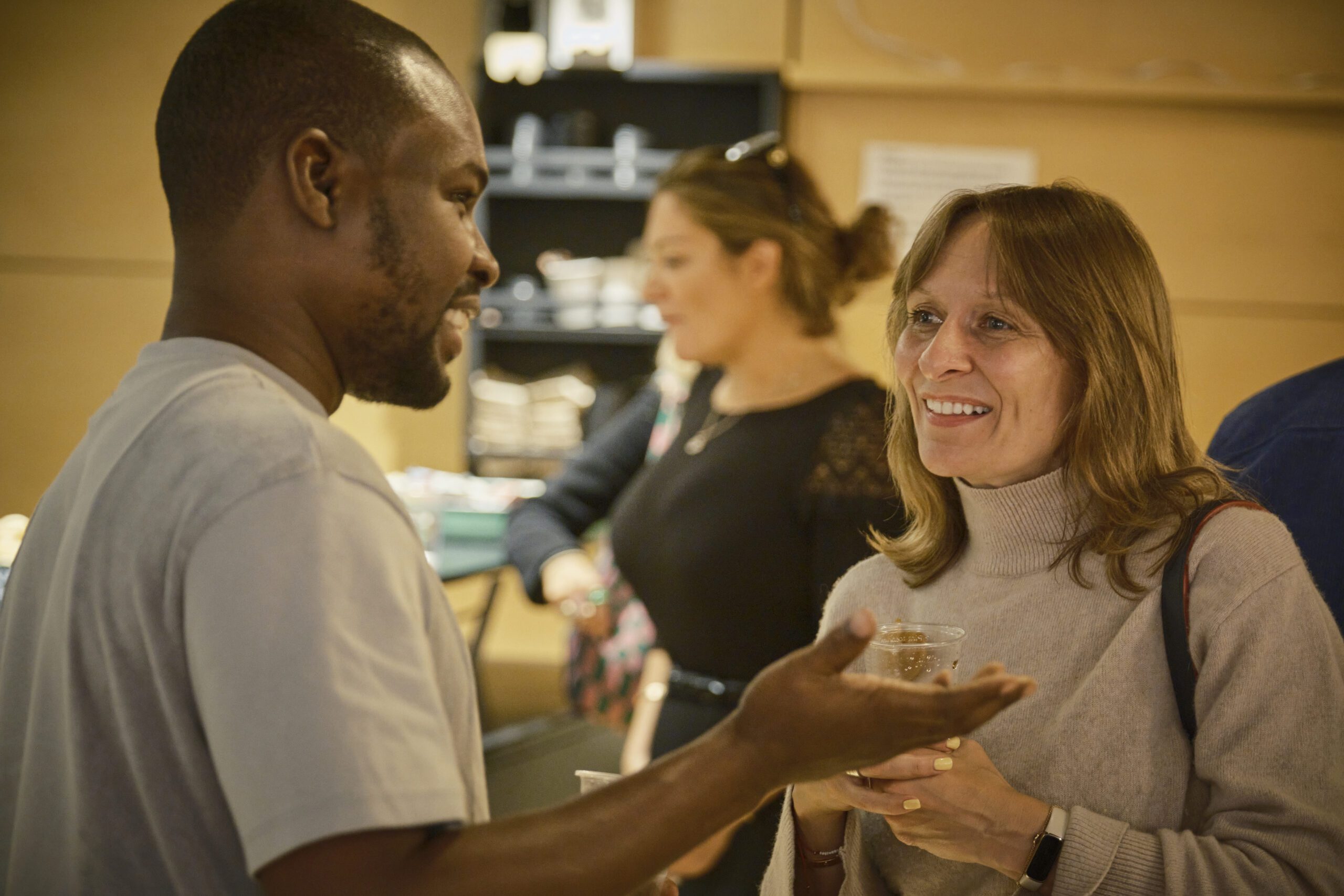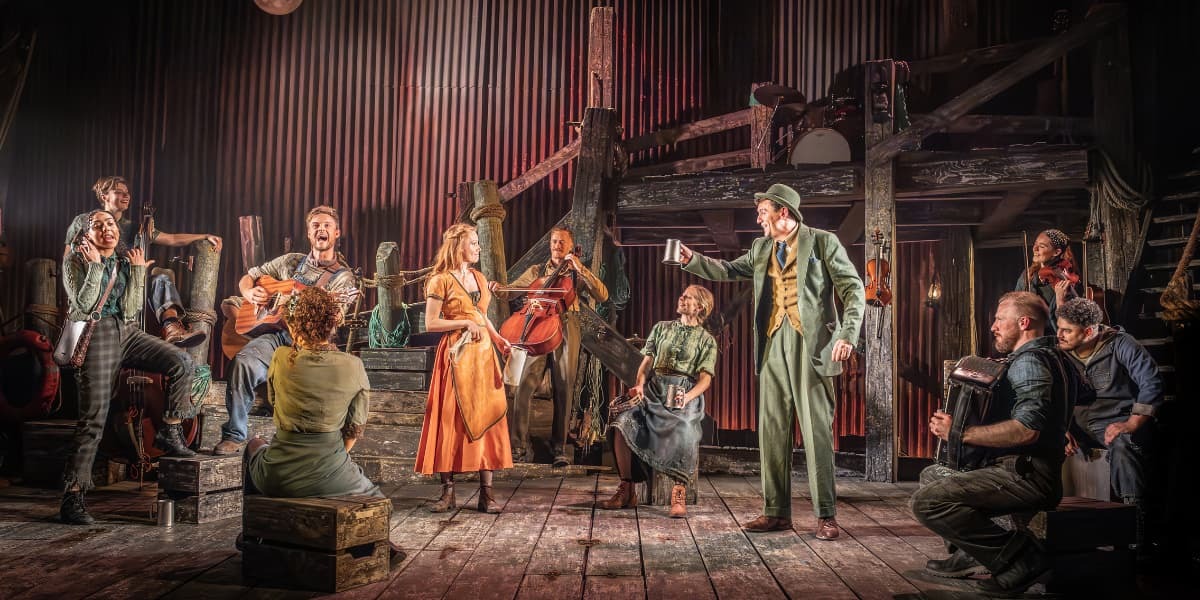How to get started on the right foot with your online presence as an actor…
Working as a performer is not just about acing that audition when you’re in the room; increasingly, it is important to think about yourself as a performer and as a business. If you don’t know your Twitter from your Instagram, we’re here to help!
Do I really need to be on social media? Why?
You don’t need to be, but it is handy! Keeping up to date with the industry, seeing what free events and workshops you can attend, researching what individual agents and casting directors look for – all of this can be found on social media, particularly Twitter and Facebook.
Social media is a great tool for keeping up to date with the industry. You can follow theatre companies, casting directors, producers, fellow graduates or actors, and see who might be casting what, when and where. It’s a brilliant source of information that people often update before their website.
Before you start creating social media profiles for your professional acting career, ask yourself what you want to get from them. This might include more information, connections, influence, or just having a place online where you exist for anyone in need of your skills.
Which social network should I be on?
This first depends on what you are most comfortable using, and what you are most likely to engage with. For professional purposes, Twitter is often best. Instagram is also popular with theatre companies but will be less useful in terms of industry information. However, Instagram is set to overtake Twitter in terms of user numbers in the UK. Different platforms have different uses, so understand what the benefit of each can be before you decide!
Facebook has the great benefit of flexibility. While it is free and easy to set up, it is often better for a company than an individual, as having a professional actor Facebook page is probably not necessary unless you already have a dedicated fanbase.
Twitter has the benefit of being very quick and easy to use with only 140 characters at your disposal (though an increase is being tested!). It is also great for allowing you to connect with a lot of individuals and organisations at once. It is easy to discover those in industry who are important to follow, and be promoted organically by Twitter itself.
Listing yourself on LinkedIn is not so useful in the arts, as it is primarily for other industries. With a traditional CV format, it is less likely to be used by casting directors. Definitely one to skip if you are just starting out as a performer!
Having taken over Twitter in terms of user numbers, 53% of 18 to 29 year olds use Instagram. It is a very visual medium and therefore great if you can create high quality images to share. It will be less useful for industry updates, but great for behind-the-scenes content and any production stills that you have permission to share.
YouTube
If you want to make some content to share – performing, writing and editing your own work – YouTube is a great way to get started. It gives you a place to store your own filmed projects. It will be less useful for industry insight or for discovering upcoming opportunities.
What should my Twitter page look like?
Start with the basics and use your headshot as your profile picture across your channels. Include your Spotlight Profile link in your bio, with a short introduction to yourself. If you can, get a username that’s close to your real name, or a professional variation of it.
It also is very important to use your full Spotlight name as your Twitter name. As an actor, your name is uniquely yours in the UK industry and it’s your brand. It especially helps if you tweet Spotlight with a query!
Should I tweet my showreel to casting directors?
Generally, this is a no-no. Some casting directors will disagree, but on the whole, they don’t wish to be approached or sent your showreel through Twitter. Stick to the professional approach, and get in touch with them via email if you haven’t previously connected.
Leave the showreel on your Spotlight page and share it to all your followers on #showreelshareday, or only if a casting director is asking you specifically. We have lots more advice from Casting Directors online.
Should I put my own videos on YouTube and Vimeo too?
If you want to create your own channel and content, ask yourself what you’d like to get from it. Do you know what your personality and brand would be? Is it very similar to other YouTubers? What will your video content contain?
You can add your showreel to YouTube, though casting directors will normally view these within the context of a professional casting website rather than seek it out on a social network. Make sure all the essentials are first and foremost on your Spotlight profile, then if you have additional work you’d like to make and house online, consider YouTube and Vimeo.
Who should I follow?
Take a look at theatres you like, production companies you’re interested in, and casting directors you’d like to work with. Who people follow is public, so you can also find companies, theatres and interesting industry individuals from other people’s ‘following’ list. You’ll quickly have a great newsfeed of information tailored to your interests and career.
Do I also need a website?
Not necessarily, but it depends on whether you are looking for a way to collate all your information online. Of course, your Spotlight profile is perfect for this and will keep everything you need for a job in one place.
Remember, any casting director can find this page by searching for you online, so ensure your presence is professional. It may seem tempting to schedule a daily tweet about your showreel, but try not to.
In the same way that you wouldn’t walk down the road handing your CV to passers by, you wouldn’t just blankly post your showreel out to your followers, whoever they might be! By treating your online profile as an extension of yourself in real life, you can make the most of social media as a resource of information, and a way of connecting to others in the industry.
Any questions? Tweet us!





